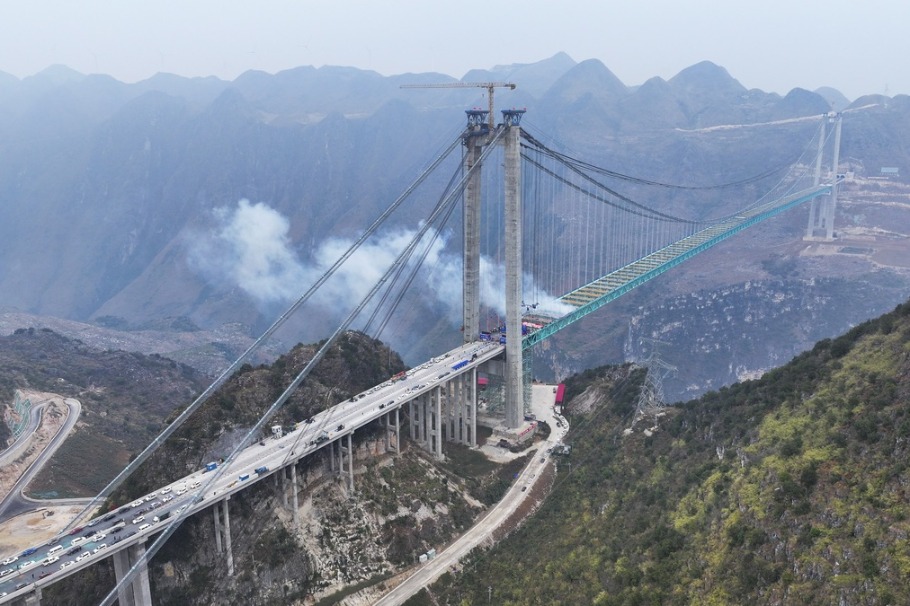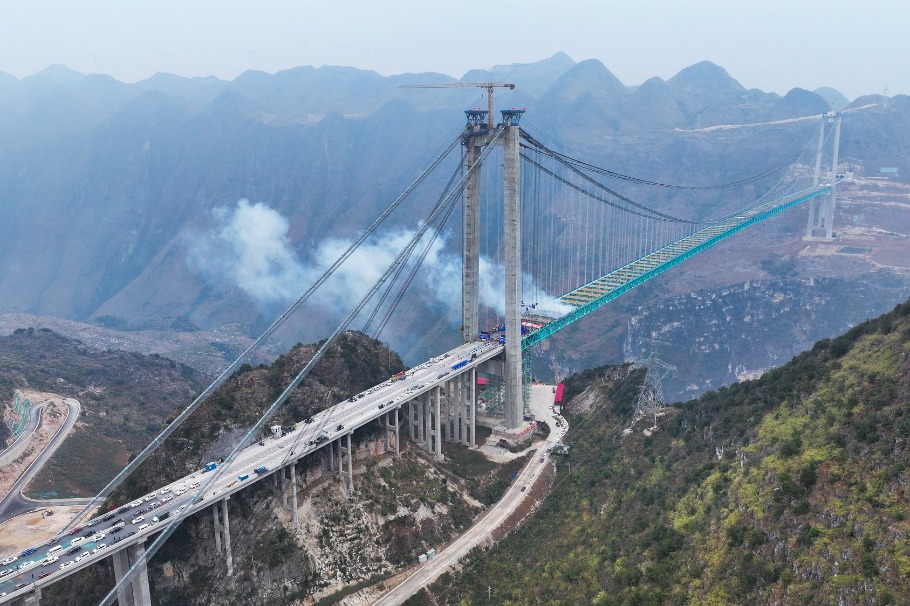Review and forecast: How execs view industry and China's economy


Mats Harborn, president of Scania China Group
Q1: How do you evaluate your company's performance in China as well as in the global market in 2021?
2021 has been a contradictory year for my company. On the one hand, we have a historic all-time high global order intake, but on the other hand, we are experiencing supply chain problems due to, among other things, the COVID-19 pandemic.
In China 2021, the first half of the year was also an all-time high for the Chinese heavy-duty truck industry, but the second half of this year has been sluggish. The reason is that there were some significant pre-buy effects of vehicles before the introduction of China-VI emission standards from July 1. We now see the market develop in a much more sustainable way, which will pave the way for both restructuring and upgrade of the whole industry.
Q2: Do you plan to deepen your company's footprint in China next year? If so, how?
Yes, we are deepening our footprint in the broadest sense. As the Chinese transport market becomes more sustainable and regulated, demand for efficient and compliant transport solutions such as the ones Scania offer will be in more demand.
Q3: How do you rate China's economic performance in 2021?
Considering the complex pandemic and global environment, China has done very well and showed remarkable constraint in not falling into the trap of stimulating industries that now need to undergo restructuring after years of unconstrained growth. This will contribute to creating a more mature structure of the Chinese economy.
Q4: What are your views on the improvements in China's business environment in 2021, and what are your expectations for the country's further reform and opening-up?
We expect China to keep opening up its economy and that new regulation and standards will be introduced.
Q5: What are your forecasts of China and the global economic performance in 2022?
At this moment the fast spread of the Omicron mutation is causing a lot of uncertainty. Also the, hopefully temporary, inflation spike in many countries is causing uncertainty. On the other hand, governments across the world have developed tools to deal with such global challenges, and we hope that these new skills will come to good use. We also predict that the commitments made at the Glasgow COP26 meeting will push an accelerated development of carbon-reducing technologies and solutions. The companies that adapt the quickest to this reality will become even more competitive.
























